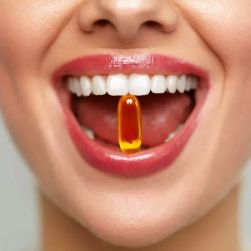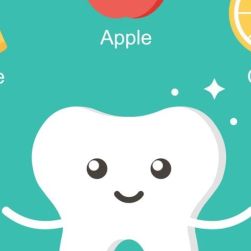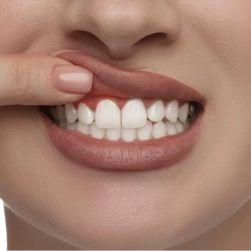How Drinking Water Affects Oral Health
In the realm of oral health, countless factors contribute to the overall wellness of our teeth and gums. One element often overlooked in the pursuit of a healthier mouth is something incredibly simple: drinking water. Water, the most basic necessity, plays a crucial role in maintaining oral hygiene, yet many people may not be fully aware of its significance.
Water not only keeps our bodies hydrated but also supports oral health by maintaining a clean and balanced environment within the mouth. In the United States, where dental problems such as cavities and gum disease are prevalent, understanding the impact of water consumption on oral health becomes vital. Through this article, hosted at Dentistry Toothtruth, we delve into the nuances of how this simple habit can influence the strength and health of your teeth.
Water as a Natural Rinse
Drinking water acts as a natural rinse for our mouths. Every time we take a sip, water washes away food particles and residue that feed harmful bacteria. These bacteria are responsible for the formation of plaque, which is a leading cause of tooth decay and gum disease. By routinely drinking water, especially after meals, individuals can significantly reduce the build-up of plaque and the risk of developing cavities.
According to a study published by the American Dental Association, consistent water intake after meals reduces acid and bacteria levels more effectively than any other non-sugar drink, making it a favorable choice for maintaining a healthy oral environment.
Fluoride and Public Water Supply
In many regions across the United States, including major metropolitan areas, fluoride is added to the public water supply. Fluoride is a mineral known for its decay-preventive properties, contributing to both the hardening of tooth enamel and the prevention of cavities. The Centers for Disease Control and Prevention (CDC) have highlighted that communities with access to fluoridated water experience a significant decline in tooth decay rates.
This protective benefit makes tap water with fluoride an effective tool in oral health maintenance, encouraging citizens to embrace its use as a natural measure to safeguard dental health.
Maintaining Moisture and Preventing Dry Mouth
Adequate water consumption is essential in preventing dry mouth, a condition known medically as xerostomia. Dry mouth is more than just an inconvenience; it is a precursor to oral health issues such as increased cavities, bad breath, and oral infections. Saliva, which keeps the mouth naturally moist, plays a vital role in the breakdown of food and maintaining oral hygiene.
When the mouth is well-hydrated through regular water intake, saliva production is stimulated, reducing the risk of the uncomfortable and unhealthy symptoms associated with dry mouth.
pH Balance and Acid Neutralization
The oral cavity operates best when it has a balanced pH level. Water helps in neutralizing acids produced by acidic foods and beverages, and by the bacterial action on sugars. An imbalance, specifically towards acidity, can lead to tooth enamel erosion, increasing sensitivity and susceptibility to cavities.
With regular water intake, especially after consuming acidic or sugary items, individuals can proactively support a neutral pH environment that is optimal for oral health.
Healthy Substitution for Sugary Drinks
Choosing water over sugary drinks can have a profound impact on oral health. Sugary drinks, including sodas and fruit juices, are high in sugar and acid, both of which are detrimental to oral structures. The consumption of these beverages is directly linked to higher rates of dental caries.
By opting for water as the primary beverage choice, individuals not only promote hydration but also reduce intake of substances that actively contribute to tooth decay, benefiting their overall oral and physical health.
The Economic and Health Advantages
In addition to its health benefits, drinking water offers an economic advantage. Unlike many dental treatments, water is affordable and accessible. Embracing it as a preventive care measure aligns with both public health initiatives and personal health strategies to reduce dental costs in the long term.
This economic benefit, alongside health-related advantages, underscores the value of incorporating regular water consumption into daily routines as a foundational aspect of oral health strategy.
Conclusion and Actionable Steps
In summary, drinking water stands as a simple yet powerful ally in the preservation of oral health. It rinses the mouth naturally, supports beneficial fluoride action, maintains adequate moisture levels, and aids in maintaining a balanced oral pH. By choosing water over sugary alternatives, individuals not only protect their dental health but also engage in a cost-effective approach to wellness.
To integrate these findings into daily life, individuals can start by keeping a bottle of water handy, choosing fluoridated tap water when available, and prioritizing water consumption after meals and throughout the day. Small changes, such as reducing sugary drink intake and increasing water consumption, can yield significant health benefits.
For more insights and resources on oral health, visit Dentistry Toothtruth, your go-to source of dental wisdom.






